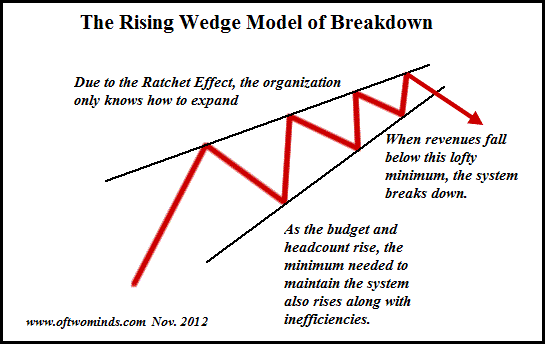The Cost Basis Crisis
Post on: 25 Июнь, 2015 No Comment

It’s one the questions I hear most: How do I report a sale of stock when I don’t know the cost basis or purchase price of the original shares? Clearly, my clients aren’t the only ones asking.
In a recent report (PDF file), the Government Accountability Office (GAO) stated that about 38% of the taxpayers reporting stock sales on their 2001 returns incorrectly reported their gain or loss on the sale. Roughly two-thirds of taxpayers underreported capital gains in securities sales, while roughly one-third overreported, according to the GAO.
The report comes amid Internal Revenue Service estimates that taxpayers’ errors in calculating capital gains and losses — or just plain cheating — led to a $17 billion gap in the collection of taxes due. The IRS has said the total tax gap is $290 billion, primarily from small businesses and independent contractors whose taxes aren’t withheld from their paychecks.
Sen. Evan Bayh (D-Ind.) introduced the START (Simplification Through Additional Reporting Tax) Act in March of this year. The START Act would require brokerage houses and mutual fund companies to track and report to both taxpayers and the Internal Revenue Service the adjusted cost basis, or purchase price, for every sale of a stock, bond, or mutual fund. By ensuring that the IRS receives an independent verification of individuals’ investment value, as currently occurs with wages, the START Act would crack down on taxpayers who aren’t paying their fair share.
The GAO report supported this idea, estimating that 8.4 million out of 21.9 million individual taxpayers with securities transactions misreported their capital gains or losses in tax year 2001. About half of taxpayers who reported the wrong basis figure misreported at least $1,000 of capital gains or losses, the GAO said.
Under current enforcement programs, the IRS contacts taxpayers who may have misreported capital gains or losses and seeks to secure the correct tax amount. The IRS also offers services to help taxpayers comply with capital gains tax obligations, including guidance on how to determine securities’ gains and losses. However, the GAO noted that the lack of information on cost basis — which the IRS needs to verify most gains and losses — and uncertainty regarding taxpayers’ use and understanding of the guidance, have sorely limited the IRS’s efforts to close the securities tax gap.
Getting brokers to report adjusted cost basis could improve taxpayers’ compliance and help the IRS find noncompliant taxpayers, the GAO stated. However, it also noted that basis reporting would reduce taxpayers’ costs and burdens at brokers’ expense. It would also raise many questions about how to calculate an adjusted basis, which securities would be covered, and how information would be transferred among brokers.
According to the report, industry representatives said that many brokers already provide some basis information to their clients, and some use an existing system to track and transfer basis details and other securities information. Many of the challenges to implementing basis reporting could be mitigated by requiring only adjusted basis reporting for future purchases, and by developing consistent rules for all brokers to use, the GAO concluded.
The tax gap has become a hot-button issue in Washington, with good reason. Last year, the IRS estimated that the 2001 gap was $311 billion, and that only about $56 billion of those funds would ever be recovered, given the agency’s current capabilities. This year, the IRS is expected to release updated tax-gap estimates, showing that the problem has since grown significantly worse.
Will a change in the rules require your broker to reconstruct your portfolio with respect to cost basis? Not necessarily. Some believe that if the cost basis reporting provision passes, it will only apply to future purchases and sales. You’ll still have to keep track and maintain cost basis information on stocks, securities, and mutual funds that you have purchased in the past. But the train is rolling down the tracks, and I don’t see anything stopping it. Expect to see some form of cost basis reporting in the reasonably foreseeable future.
When he’s not dealing with tax issues, Roy Lewis is a motivational speaker who lives in a trailer down by the river. He understands that The Motley Fool is all about investors writing for investors. You can take a look at the stocks he owns. as long as you promise not to ask him which stock to buy. He’ll be glad to help you compute your gain or loss when you finally sell a stock, though














